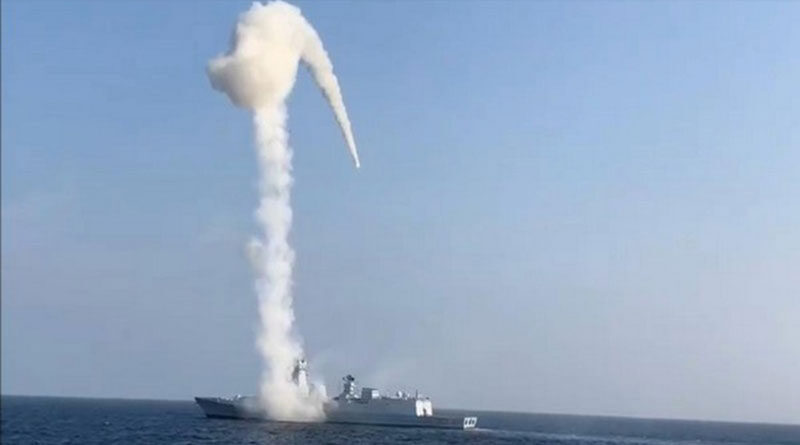Indian Navy Gets a Big Boost with New BrahMos Missile Deal
India’s Cabinet Committee on Security (CCS) has approved the acquisition of over 200 BrahMos supersonic cruise missiles for the Indian Navy, significantly boosting its maritime capabilities. This acquisition, valued at approximately Rs. 19,000 crore (USD 2.3 billion), signifies a major step forward in strengthening the Navy’s firepower and deterrence potential.
The purchased missiles will include a mix of variants, encompassing the standard 290 km- range BrahMos and the extended-range version capable of reaching nearly 500 km. This diverse arsenal grants the Navy greater flexibility in engaging targets at various distances. The contract is expected to be finalized before the end of the current financial year (March 31, 2024).
This acquisition coincides with a significant milestone for India’s defence export ambitions. The country recently secured its first export deal for the BrahMos, a $375 million contract to equip the Philippine Marines. This success story reflects India’s growing ambitions in the international defence market, aiming to achieve a target of Rs. 35,000 crore by 2024-25.
Developed jointly by India and Russia, the BrahMos missile boasts impressive capabilities. Its supersonic speed (Mach 2.8) and long-range strike capability make it a potent weapon system, launchable from land, air, and sea platforms. This acquisition aligns with India’s “Make in India” initiative, as the BrahMos features increasing indigenous content.
Furthermore, the Indian Air Force (IAF) is exploring the integration of a smaller BrahMos variant onto fighter jets like the MiG-29, Mirage 2000, and Tejas. This development could significantly enhance the IAF’s offensive capabilities. Additionally, India is working on an even longer-range BrahMos variant with a potential strike range exceeding 800 km, further solidifying its regional deterrence posture.
India’s ambition to become a major exporter of defence equipment finds a strong push with this deal, however, India’s journey towards defence self-reliance and export success isn’t without challenges. Quality control and maintaining competitive pricing in the international market are crucial hurdles to overcome. Additionally, geopolitical factors and competition
from established players could impact potential export deals.


